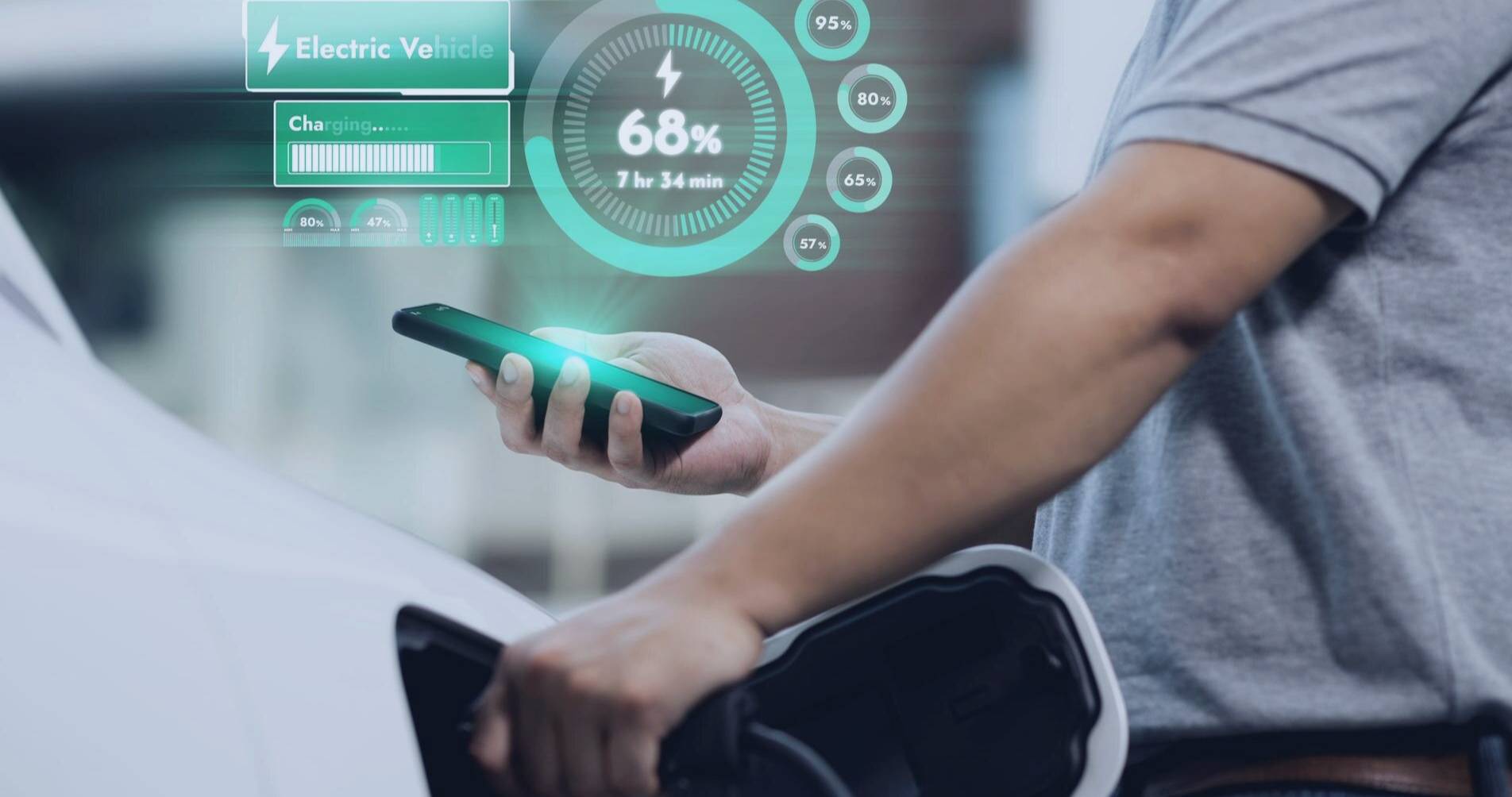

Carbon Credits for EV Charging Explained
EV charging stations can generate carbon credits, creating new revenue streams. Learn how to benefit from programs like California’s LCFS.

As demonstrated at COP26, national and local governments and energy providers around the world are increasingly concerned about the effects of climate change. Though many people see electric vehicles as a solution to this growing problem, there is still a need for EV charging stations to power these cars since they do not have the same range as traditional gas-powered cars. As such, EV charging station owners can now claim carbon credits for providing renewable energy. This post elaborates on this new opportunity and why it should be taken advantage of by those with EV charging stations.
What are EV carbon credits?
In general, a carbon credit is a credit that offsets one tonne of carbon dioxide, the greenhouse gas that contributes to climate change. The credit is gained by making small positive contributions to the environment. The credit can be auctioned, and a buyer pays the seller for the credit, which the seller then uses to offset one tonne of carbon dioxide. No new emissions are created.
Thousands of organizations and businesses, such as airline companies, purchase carbon credits to offset their emissions each year to make up for all the harmful gas burned during their operations. Individuals, companies, and municipalities are increasingly earning carbon credits on their own by installing and operating renewable energy generation and/or electric vehicle charging stations.
The most popular carbon credit market is the ‘Low Carbon Fuel Standard’ (LCFS), specific to California. In 2010, California passed legislation that created the LCFS, which requires the transportation sector to reduce its greenhouse gas emissions by 10 percent by 2020. To cover their emissions, transportation companies in California purchase carbon credits from companies that reduce their emissions elsewhere. In October 2014, the California Air Resources Board (CARB) announced a proposal that would allow electric car charging points to count towards the state’s LCFS.
California carbon credits are expected to increase by about 66% by 2030!
Why are carbon credits important?
Carbon credits help the environment. They provide a way to promote renewable energy and fight climate change. Furthermore, carbon credits represent an additional means of generating revenue for EV charging station owners, thus achieving a return on investment (ROI) sooner than anticipated.
For example, a standard Level 2 single-port charger (7.7kw) could earn a station owner ~$2,000 per year with medium usage of five charging hours per day. A 50kW fast-charger could earn north of $14,000 per year with the same amount of usage.
How does an individual or company earn carbon credits?
Unfortunately, earning carbon credits is not as easy as it sounds. Many EV charging station owners work with carbon credit consultants or third-party brokers who help them navigate the process of validating data and filing for the credits on a quarterly or annual basis.
AmpUp can assist our interested individual and commercial clients in earning any carbon credits they generate from their EV charging stations. AmpUp works with carbon credit partners to help our customers register, validate, and monetize these credits. In popular carbon credit markets like LCFS, station owners can earn hundreds if not thousands of dollars per year depending on the volume of usage of their EV charger. Those interested in purchasing EV charging stations should ask potential vendors if they help redeem carbon credits or if the vendor takes ownership for themselves.
Additional Links & Resources
🔗 California’s Low Carbon Fuel Standard (LCFS)
🔗 Connecticut Green Bank
🔗 Carbon Credits 101
🔗 AmpUp EV Charging Solutions


